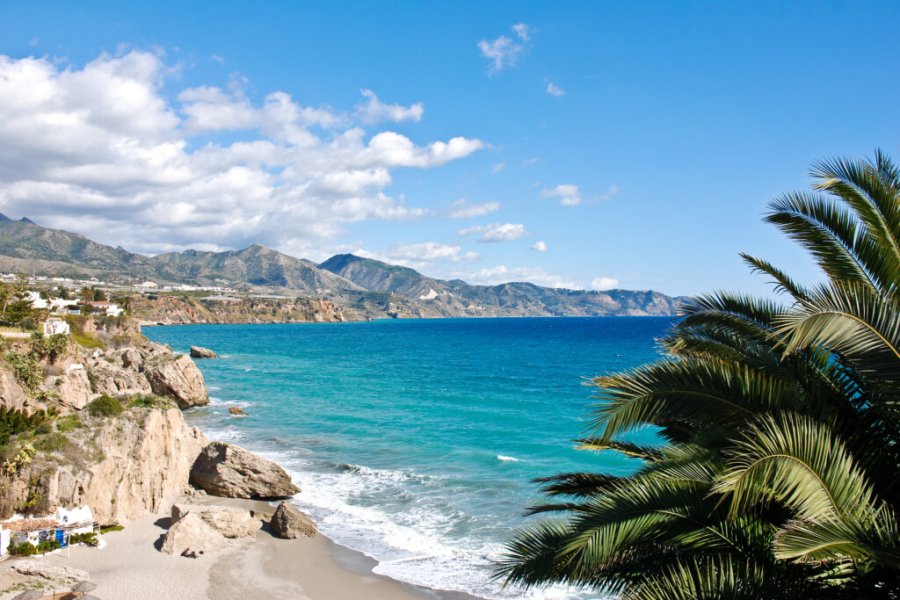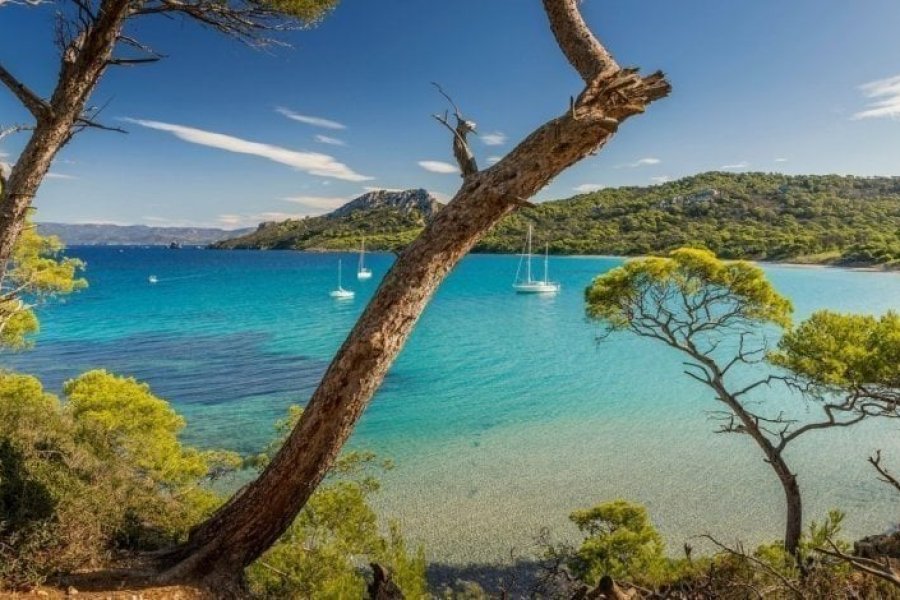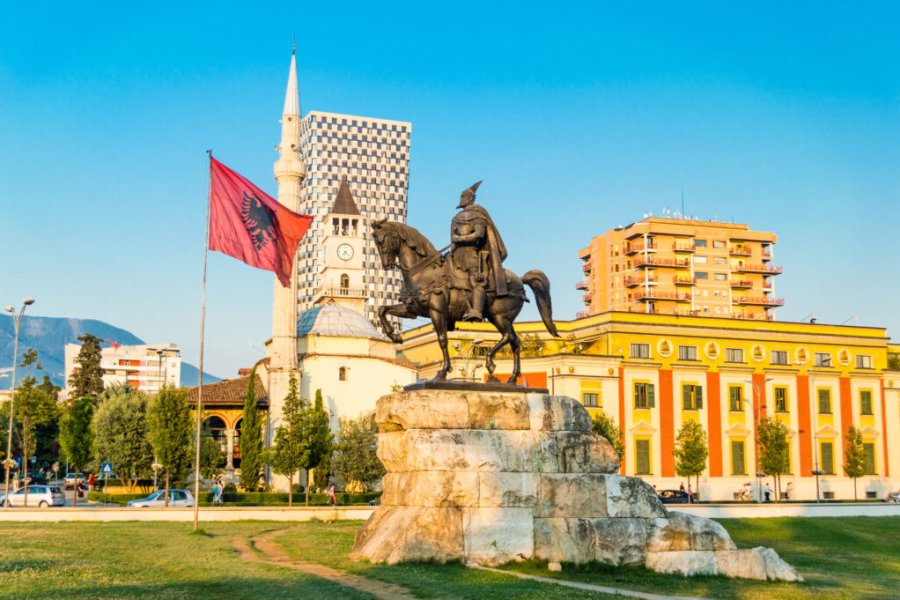Travel Guide Rehoboth
Find an accommodation
Advertising
The city is the capital of the Basters (literally "mongrels"), a people proud of their mixed Afrikaner and Hottentot heritage. Fleeing the discriminatory laws of the Cape Colony, the Basters, led by their leader Hermanus van Wijk and the German missionary Heidmanse, regrouped in 1868 south of Windhoek in a place called Amis (later Rehoboth). They settled there in 1871 and formed a closed and conservative society with a Western and patriotic culture, a strong attachment to the Afrikaans language, monogamy and Lutheran Christianity. Under German colonization, the Basters of Rehoboth had managed to negotiate with the government a certain political autonomy: their own legislation, assembly, and commando system! Since independence, the status of Rehoboth has returned to the classical one, but pressure groups are again demanding more autonomy within the new Namibia. The local economy is based on cattle breeding, the transport industry, construction and shoemaking. Paradoxically, we find some of the marks of apartheid in the new Rehoboth; the richer neighbourhoods in the west are inhabited by light-skinned mestizos, while the poorer neighbourhoods in the east are inhabited by darker-skinned mestizos.
Suggested addresses Rehoboth
Weather at the moment
Advertising
Organize your trip with our partners Rehoboth
Transportation
Book your plane tickets
Car Rental
Boat rental
Accommodation & stays
Find a hotel
Holiday rental
Find your campsite
Tailor-made trip
Immersion travel
Services / On site
Activities & visits
Find a doctor
Find unique Stay Offers with our Partners
Other destinations nearby Rehoboth
100 km away



